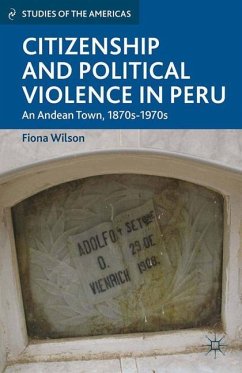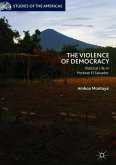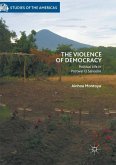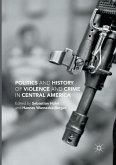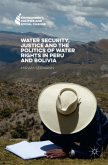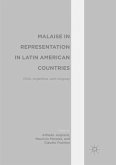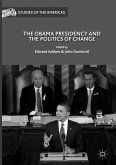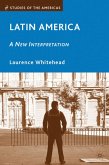Exploring how restrictions on citizenship helped create conditions for political violence in Peru, this book recounts the hidden history of how local processes of citizen formation in an Andean town were persistently overruled, thereby perpetuating antagonism toward the state and political centralism in Peru.
'Aiming to historicize the violence of Peru's 1980s and 1990s, Fiona Wilson's solid study provides fresh insights on nineteenth-century participation, the political history of teachers, and twentieth century radicalism. . . (and) draws on an especially rich collection of municipal archive documents, local newspapers and interviews . . . Wilson has produced a thoughtful work that furthers our understanding of the hierarchical origins of Peru's bloody civil war violence.' - Latin American Studies
'An absorbing account of the long-term origins of Peru's Shining Path movement in the region of Tarma. Local visionary Vienrich's suicide in 1908, centralist throttling of municipal and provincial independence, APRA's betrayal, and the sellout to foreign capital all drove radical teachers and 'civilizers' into a dead end. This book is essential reading for all interested in Peru and the origins of modern violence.' - Tristan Platt, Professor, Department of Social Anthropology,University of St Andrews, Scotland, UK
'This fine study of local politics is an excellent tool for discussing citizenship in the Andes. It brings together scholarship on Peru and current debates on politics, culture, and development, combined with patient archive work, thoughtful use of interviews, and a long and deep understanding of culture and politics in Peru. Fiona Wilson's work on Tarma inaugurates a new research agenda for the study of local political cultures in the Andes.' - Patricia Oliart, Head of Spanish, Portuguese and Latin American Studies, Newcastle University, UK
'This book enlarges our knowledge of radicalism as well as democracy in action. It adds a new name to the roster of its distinguished pioneers in Peru, that of Adolfo Vienrich operating in the context of the Andean provincial town of Tarma at the turn of the twentieth century. Fiona Wilson always surprises us with innovative thoughts and subjects, impeccable research, and clear writing.' - Enrique Mayer, Professor Emeritus, Department of Anthropology, Yale University, USA
'An absorbing account of the long-term origins of Peru's Shining Path movement in the region of Tarma. Local visionary Vienrich's suicide in 1908, centralist throttling of municipal and provincial independence, APRA's betrayal, and the sellout to foreign capital all drove radical teachers and 'civilizers' into a dead end. This book is essential reading for all interested in Peru and the origins of modern violence.' - Tristan Platt, Professor, Department of Social Anthropology,University of St Andrews, Scotland, UK
'This fine study of local politics is an excellent tool for discussing citizenship in the Andes. It brings together scholarship on Peru and current debates on politics, culture, and development, combined with patient archive work, thoughtful use of interviews, and a long and deep understanding of culture and politics in Peru. Fiona Wilson's work on Tarma inaugurates a new research agenda for the study of local political cultures in the Andes.' - Patricia Oliart, Head of Spanish, Portuguese and Latin American Studies, Newcastle University, UK
'This book enlarges our knowledge of radicalism as well as democracy in action. It adds a new name to the roster of its distinguished pioneers in Peru, that of Adolfo Vienrich operating in the context of the Andean provincial town of Tarma at the turn of the twentieth century. Fiona Wilson always surprises us with innovative thoughts and subjects, impeccable research, and clear writing.' - Enrique Mayer, Professor Emeritus, Department of Anthropology, Yale University, USA

